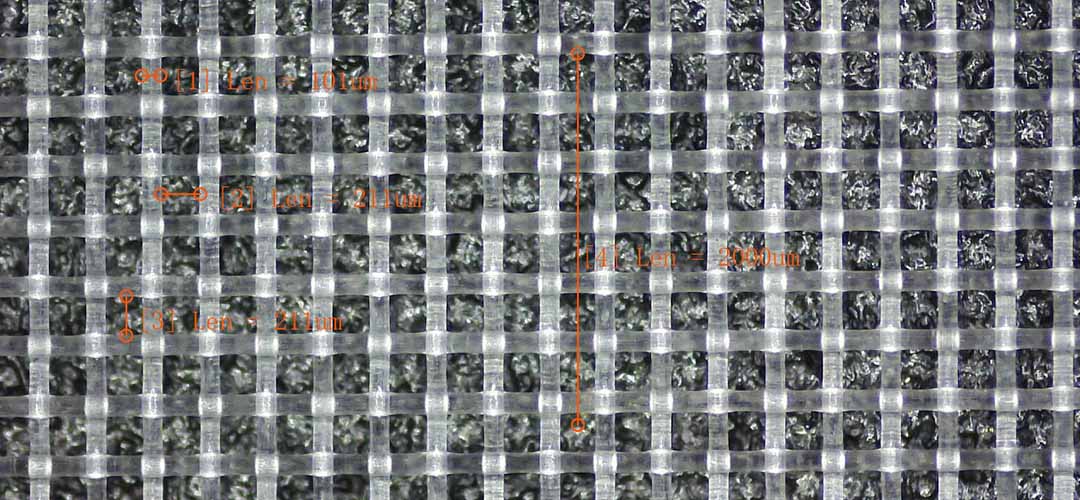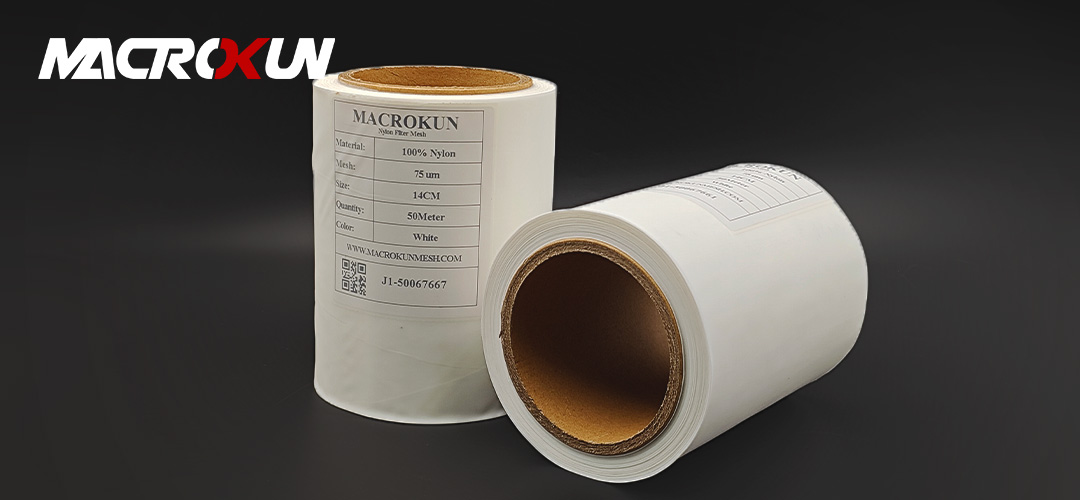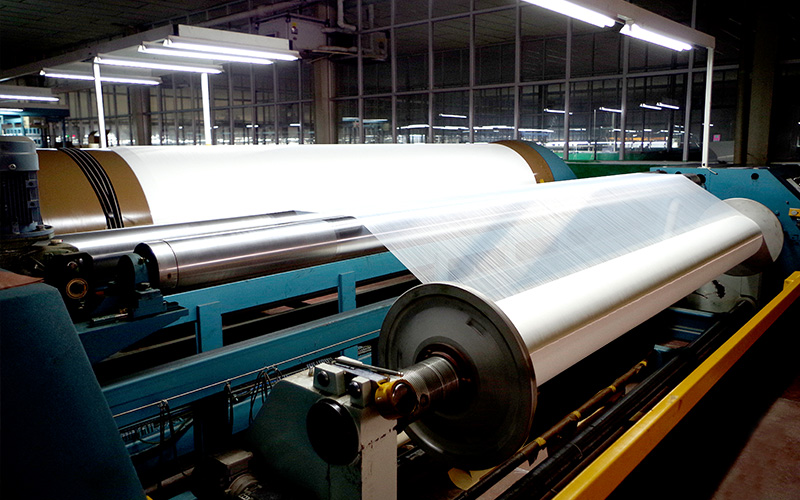When it comes to screen printing, choosing the right mesh frame is crucial for achieving high-quality results. One popular option for mesh frames is aluminum, known for its durability and versatility. In this article, we will explore the benefits of using aluminum mesh frames for screen printing projects.
Aluminum mesh frames offer several advantages over other materials, such as wood or steel. One of the main benefits of aluminum frames is their lightweight nature, making them easy to handle and transport. This is especially important for screen printers who need to move their equipment frequently or work on large projects that require multiple screens.
In addition to being lightweight, aluminum mesh frames are also highly durable. They are resistant to warping, bending, and corrosion, ensuring that they will last for many printing jobs to come. This durability is essential for maintaining the integrity of the screen and achieving consistent results with each print.
Another advantage of aluminum mesh frames is their versatility. They are available in a wide range of mesh counts, allowing screen printers to choose the right frame for their specific project needs. Whether you are printing fine details or bold graphics, there is an aluminum frame that will meet your requirements.
Furthermore, aluminum mesh frames are easy to clean and maintain. Unlike wood frames, which can absorb ink and become warped over time, aluminum frames can be wiped clean with a solvent or water-based cleaner. This makes them ideal for printers who need to switch between colors frequently or work with different types of inks.
In addition to their practical benefits, aluminum mesh frames also offer a professional appearance. The sleek, silver finish of aluminum frames adds a touch of sophistication to any screen printing setup, making them a popular choice among professional printers and hobbyists alike.
Overall, the benefits of using aluminum mesh frames for screen printing projects are clear. Their lightweight nature, durability, versatility, ease of maintenance, and professional appearance make them an excellent choice for printers of all skill levels. Whether you are a seasoned professional or just starting out in the world of screen printing, aluminum frames can help you achieve the best results possible.

In conclusion, when it comes to choosing the right mesh frame for your screen printing projects, aluminum is a top choice. Its many benefits make it a versatile and reliable option for printers looking to achieve high-quality results. Consider investing in aluminum mesh frames for your next printing project and experience the difference for yourself.
When it comes to screen printing, choosing the right mesh frame is crucial for achieving the desired results. The mesh count of the frame plays a significant role in determining the quality and detail of the print. There are several factors to consider when selecting the mesh count for your screen printing projects.
One of the first things to consider is the type of design you will be printing. If you are working with intricate designs or fine details, a higher mesh count is recommended. A higher mesh count will allow for more detail to be captured in the print, resulting in a sharper and more precise image. On the other hand, if you are working with bold, simple designs, a lower mesh count may be sufficient.
Another factor to consider is the type of ink you will be using. Different inks have different viscosities, which can affect how they pass through the mesh. Thicker inks may require a lower mesh count to allow for proper ink flow, while thinner inks may work better with a higher mesh count. It is important to consider the compatibility of the ink with the mesh count to ensure a successful print.

The material of the mesh frame is also an important consideration. Mesh frames are typically made from either polyester or nylon. Polyester mesh frames are known for their durability and stability, making them a popular choice for screen printing projects. Nylon mesh frames, on the other hand, are more flexible and can be stretched tighter, allowing for finer detail in the print. Consider the type of material that will best suit your specific printing needs.
The size of the mesh openings, or apertures, is another factor to consider when selecting a mesh count. The size of the apertures will determine how much ink is deposited onto the substrate. A higher mesh count will have smaller apertures, resulting in a thinner layer of ink being deposited. Conversely, a lower mesh count will have larger apertures, allowing for a thicker layer of ink to be applied. Consider the desired ink coverage and opacity when selecting the size of the mesh openings.

It is also important to consider the substrate you will be printing on when selecting a mesh count. Different substrates, such as paper, fabric, or plastic, may require different mesh counts to achieve the desired results. Thicker substrates may require a lower mesh count to ensure proper ink coverage, while thinner substrates may work better with a higher mesh count. Consider the characteristics of the substrate and how they will interact with the mesh count to achieve the best print quality.
In conclusion, selecting the right mesh frame for your screen printing projects is essential for achieving high-quality prints. Consider factors such as the type of design, type of ink, material of the mesh frame, size of the mesh openings, and substrate when choosing a mesh count. By carefully considering these factors, you can ensure that your screen printing projects turn out exactly as you envision.
When it comes to screen printing, the mesh frame plays a crucial role in the quality of the final product. Choosing the right mesh frame for your screen printing projects is essential to achieving the desired results. In addition to selecting the appropriate mesh count and material, it is also important to properly maintain and clean your mesh frames to ensure their longevity and optimal performance.
One of the first things to consider when choosing a mesh frame is the mesh count. The mesh count refers to the number of threads per inch in the mesh fabric. A higher mesh count will result in finer details and a smoother print, while a lower mesh count will allow for more ink to pass through, creating a thicker print. The mesh count you choose will depend on the type of design you are printing and the desired outcome.
In addition to mesh count, the material of the mesh frame is also important. Mesh frames are typically made from either polyester or stainless steel. Polyester mesh frames are more affordable and are suitable for most screen printing projects. However, they may not be as durable as stainless steel mesh frames, which are more resistant to wear and tear. Consider the frequency and intensity of your screen printing projects when choosing the material of your mesh frame.
Once you have selected the right mesh frame for your screen printing project, it is important to properly maintain and clean it to ensure its longevity. Regular maintenance and cleaning will help prevent ink buildup, clogging, and damage to the mesh frame.
To properly maintain your mesh frame, it is important to inspect it regularly for any signs of wear or damage. Check for any tears, holes, or loose threads in the mesh fabric. If you notice any damage, it is important to repair or replace the mesh frame to prevent further issues during the printing process.
Cleaning your mesh frame regularly is also essential for its longevity. Ink buildup can clog the mesh fabric, affecting the quality of your prints. To clean your mesh frame, start by removing any excess ink with a spatula or scraper. Then, use a mild detergent or screen printing emulsion remover to clean the mesh fabric. Gently scrub the mesh fabric with a soft brush or sponge to remove any stubborn ink or debris. Rinse the mesh frame thoroughly with water and allow it to dry completely before using it again.
In addition to regular maintenance and cleaning, storing your mesh frames properly is also important for their longevity. Store your mesh frames in a cool, dry place away from direct sunlight and moisture. Avoid stacking or bending the mesh frames, as this can cause damage to the mesh fabric.
By choosing the right mesh frame for your screen printing projects and properly maintaining and cleaning it, you can ensure the longevity and optimal performance of your mesh frames. Regular maintenance and cleaning will help prevent ink buildup, clogging, and damage, allowing you to achieve high-quality prints consistently. Invest in quality mesh frames and take care of them properly to get the best results from your screen printing projects.
Pre: Heat Curing for Screen Printing Inks: What You Need to Know

MACROKUN has established long-term and stable cooperative relations with many transportation companies such as China Post, DHL, FEDEX, USPS, UPS, etc. Of course, MACROKUN can also provide air and sea transportation. The powerful logistics system enables all MACROKUN'S Printing Mesh, Filter Mesh and Filter Bags and so on to be easily and efficiently transported to any place. For quotes and inquiries, please email our sales team.





